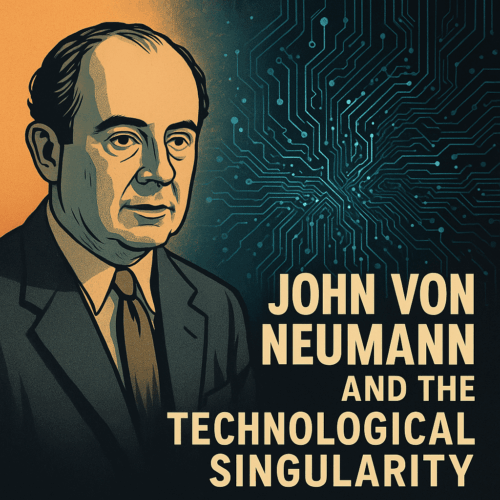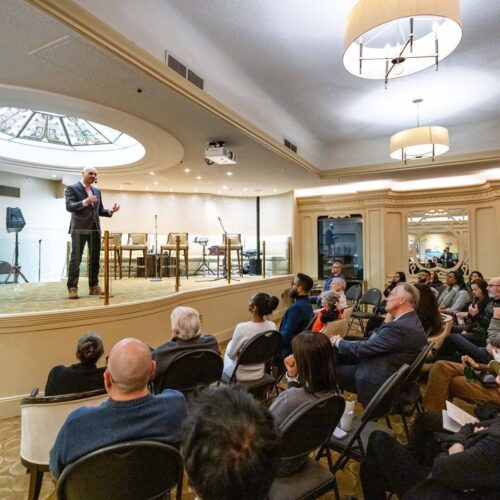Are we on the brink of catastrophe?
Steve Morris / Op Ed
Posted on: February 12, 2013 / Last Modified: February 12, 2013
 Choose your favourite catastrophe – climate change, asteroid strike, killer pandemic, nuclear war, malevolent artificial intelligence, a black hole created in the Large Hadron Collider, etc, etc. There are so many potential threats to our existence, one of them is bound to happen, right?
Choose your favourite catastrophe – climate change, asteroid strike, killer pandemic, nuclear war, malevolent artificial intelligence, a black hole created in the Large Hadron Collider, etc, etc. There are so many potential threats to our existence, one of them is bound to happen, right?
Well, no. The thing is, humans have always lived on the brink of catastrophe. Ice ages, famines, supervolcanoes, the Black Death, world wars, HIV/AIDS. Any one of these could have destroyed civilisation or even humanity. Why didn’t they? It can’t have been just good luck. There must be a reason.
In 1798, Thomas Malthus predicted that the world’s population would inevitably overtake its capacity to feed itself, and that mass starvation and the collapse of civilisation would follow. His prediction was based on the observation that population tends to grow exponentially, whereas agricultural capacity grows linearly at best, as it depends on the amount of land under production. And yet Malthus was wrong. Food production increased enormously in the following century, thanks to improvements in agriculture, more than matching population growth.
Contrast this with the work of Leonardo Da Vinci, who designed flying machines that could not be built. He also conceived the car, the parachute, diving suits, robots and a machine gun, amongst other inventions that could never be realised in his own lifetime. And yet Da Vinci’s ideas later came to fruition and he is recognised as one of the greatest geniuses who ever lived.
Malthus predicted the inevitable and was proven wrong. Da Vinci designed the impossible and was proven right.
What’s the difference? Da Vinci had vision. He recognised problems, but realised they could be solved. Malthus had the foresight to see problems too. But he regarded them as immovable barriers.
So here’s the lesson. Problems are everywhere, but they can be solved. Climate change can be reversed, asteroids deflected, pandemics vaccinated against, nuclear wars prevented.
All problems can be solved, but only if you believe that you can solve them. As Henry Ford put it, “Whether you think that you can or you can’t, you’re usually right.”
 About the author: Steve Morris studied Physics at the University of Oxford and spent ten years working for the UK Atomic Energy Authority. He now writes about science & technology at tech review site S21 and on his blog.
About the author: Steve Morris studied Physics at the University of Oxford and spent ten years working for the UK Atomic Energy Authority. He now writes about science & technology at tech review site S21 and on his blog.








